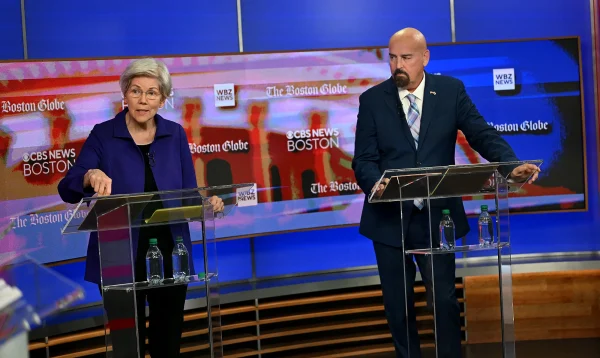Clery Report may not capture the full picture of sexual offense crimes on campus
October 27, 2022
This article contains mention of sexual violence.
Simmons University’s Clery Report, which contains campus crime data, was released via email to the Simmons community on September 29th. There were two reports of sex offenses on campus property in the past three years, however, several Simmons administrative experts agree that these numbers are not fully representative of all sexual assaults on campus.
The Clery Act is a law that requires colleges to release crime statistics and is meant to “report campus crime data, support victims of violence, and publicly outline the policies and procedures they have put into place to improve campus safety,” according to the Clery Center website. The Simmons Clery Report indicates that rape, fondling, incest, and statutory rape are considered “sex offenses.”
In a separate category, there were two reports of domestic violence, one report of dating violence, and one report of stalking in the past three years.
Matoaka Kipp, director of the Resilience, Efficacy, and Empowerment through Foundational support services, referred to as the REEF center, says that the “numbers on the Clery Report [are] always lower than they really are” not just at Simmons, but everywhere.
Both Sara Simberg, Title IX Coordinator, and Martina Guaderer, the new Violence Prevention and Educational Outreach Program Coordinator, referred to as the VPEO, agree with Kipp.
Simberg explained that the Clery Report is specific with its reporting guidelines, therefore it does not and cannot include every type of sexual assault. This can lead to underreporting because of its limited nature.
Additionally, only two out of ten female college students will report a sexual assault according to the Rape, Abuse & Incest National Network, commonly referred to as RAINN.
Guaderer mentioned many students are unsure of what is or isn’t considered sexual assault and dating violence. They say that students will often use phrases like, “Something happened last night [but] I’m not sure what it was” during meetings.
Survivors of sexual assault and dating violence may choose not to report or may not have adequate resources available to them in order to make the report. This is one reason why Kipp, Simberg, and Guaderer say they support the mission of Betsy’s Friends, the Simmons peer education program that “focuses on prevention, education and awareness around domestic/dating violence, sexual assault, coercion and stalking, and helps to inform other University initiatives surrounding gender-based violence,” according to their page on the Simmons website.
With the hiring of Guaderer as the new VPEO Coordinator, Betsy’s Friends student workers say they are looking forward to hosting larger events and are feeling more supported by Simmons as an institution.
If you or someone you know is a victim of sexual assault or intimate partner violence, Kipp and Guaderer are Confidential Resource Persons you can seek support from. The Health Center, the Counseling Center, and Sara Simberg also serve as confidential resources.
There are always exceptions to confidential resource persons such as if there is an immediate danger to the community. Still, survivors are encouraged to know that there are several ways they can receive support without fear of losing autonomy by filing a formal report if they do not want to.









